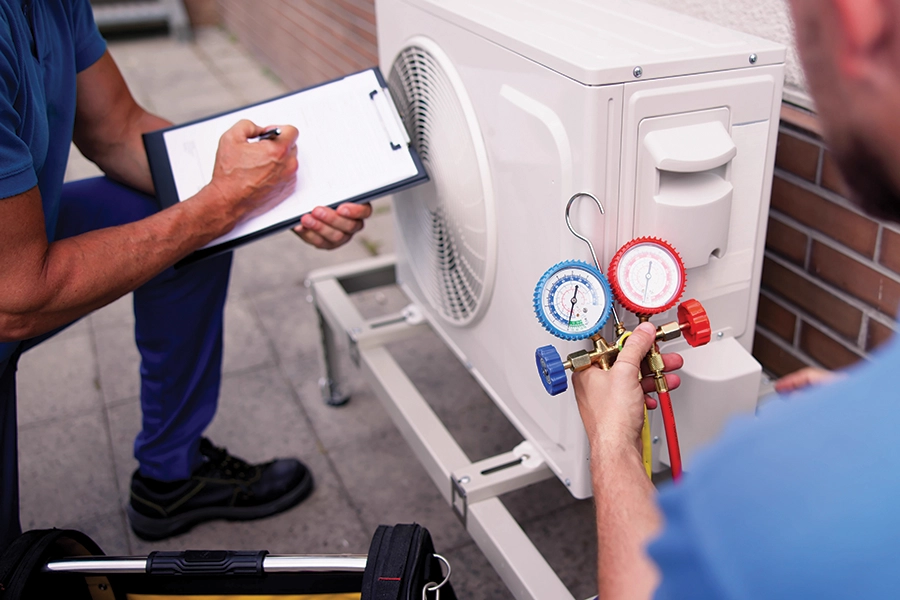As the media spokesman for AHRI, I chat with reporters – both trade and mainstream – all the time, and one of the things I push, over and over, is the importance of service agreements. The advantages are manifold and include identifying issues before they become larger problems within the system, being on the priority list of service calls when your system craps out on the hottest or coldest days, and being able to discuss comfort issues with your contractor are all important to customers. And maintenance contracts are equally important to contractors, helping improve revenue during shoulder seasons -- most important – enabling contractors to have serious conversations about planning for future replacements.
It is no secret to anyone who has been around this industry for a while that customers make the vast majority of replacement decisions during an emergency.
No heat. No AC. No hot water. And while these examples can certainly make life uncomfortable for a few days, they could represent real emergencies for the elderly or those with health conditions.
The larger concern with emergency replacements is that neither customers nor contractors have the luxury of time to ask questions and discuss new and improved technologies that can save energy, money, or both while increasing comfort. Instead, the new system is generally a like-for-like replacement or a system the contractor has in stock or can easily get from the distributor. Bing, bang, boom, done. Options often go out the window at this point, and there’s little time for good-better-best comparisons or for suggesting accessories like zone controls, IAQ options or humidification systems. And there definitely isn’t time to discuss more complicated hybrid heat pump systems and if they might make sense.
Fortunately, technicians can prevent all of this by taking the time to sit down and talk with customers during the spring and fall tune-ups that come with a service agreement. After the tech has completed the system tune-up, it’s the perfect time to discuss what tasks were completed and what future maintenance issues lie around the corner, along with options and pricing.
When I take my car into my mechanic for an oil change and tire rotation, the tech completes a multipoint inspection with video. Brakes, exhaust and belts. That video is then texted to my phone. And, no sales pressure when I pick up the car, just a simple question. Did you have questions about the video we sent to you?
As systems age, customers know maintenance is going to increase. Think about a conversation you could have regarding a 410A system whose repairs are about to get much more expensive. Whatever the circumstance, these are the opportunities for selling technology and comfort during an unhurried time – when you can sit down and talk about what’s good and not-so-good along with other equipment or system options. And whether this is likely to be in the near future or five years from now. These conversations also get customers thinking about how they ultimately will budget and pay for that all-important replacement.
Thinking about costs is especially important right now because federal tax incentives will reduce the cost of certain equipment, and although many customers are aware of those incentives, many are not. Discussing these incentives during a service agreement visit is the perfect timing.
Meeting with customers when they are not desperate is smart for so many reasons. So, promote service agreements for their traditional – all important – advantages and add another benefit to help keep your customers comfortable, loyal, and happy for years to come.
Francis J. Dietz is Vice President, Public Affairs, Air-Conditioning, Heating, and Refrigeration Institute.

